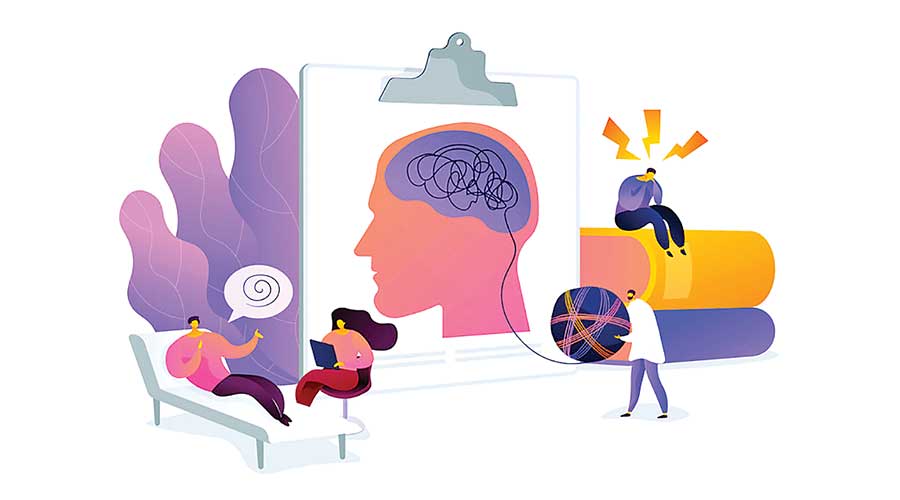ASK A PHYSICAL THERAPIST
- 20 Apr - 26 Apr, 2024

Over the past few years, I have lost a lot of weight. However, I realised that I cannot receive compliments about my new physical self. When someone gives me even one nice compliment, it freaks me out. I know I should love hearing these, but every time I do, I quickly turn away. What is wrong with me?
It seems as though you literally “see” yourself in mirrors or photographs as larger than you are and your mental representation of yourself seem rigidly fixed and not reflective of your actual weight or size. When someone pays you a compliment, simply try saying, “thank you.” The key is to anticipate that this will be your new “automatic” response to compliments. Imagine this response and mentally practice so that you’re not caught off guard in an actual experience of an unexpected compliment. You needn’t even think about the compliment or your response at the time, simply go with your new autopilot behaviour: smile and “thank you.” It shouldn’t take many instances before compliments no longer produce the discomfort they do now, and your automatic response will indeed become more genuine and reflective of your own comfort with receiving positive attention based on your appearance.
I am a university student. I have problems concentrating in class, especially the morning ones. I tend to fall asleep the moment the professor starts speaking. I’ve tried different ways to stop dozing off, but nothing works. What can I do?
My first suggestion would be to pay attention to your sleep quantity and quality by avoiding electronic screens as a reasonable bedtime approaches. When in class, be sure to sit right up front, sit up straight, and look at the teacher as much as possible. These simple choices go a long way toward inducing attention. Research has revealed another small behaviour as an attention aid – chewing gum. Also, some research has revealed that mindless doodling during particularly boring stretches helps the doodler remain attentive to what is being said by the teacher. The key is not to draw elaborate works of art, or to get caught up in thinking about the doodles, but simply to keep your hand busy with the doodling. More pervasive and lasting concentration has been shown to result from practicing mindfulness. If practicing meditation doesn’t appeal to you, you could try this: throughout each day, practice drawing your attention to what you are doing and what is happening around you without reflecting on it, or judging it, or letting your mind wander to other things. Like any skill, concentration gets easier with practice and transfers to other settings, such as class and homework.
COMMENTS